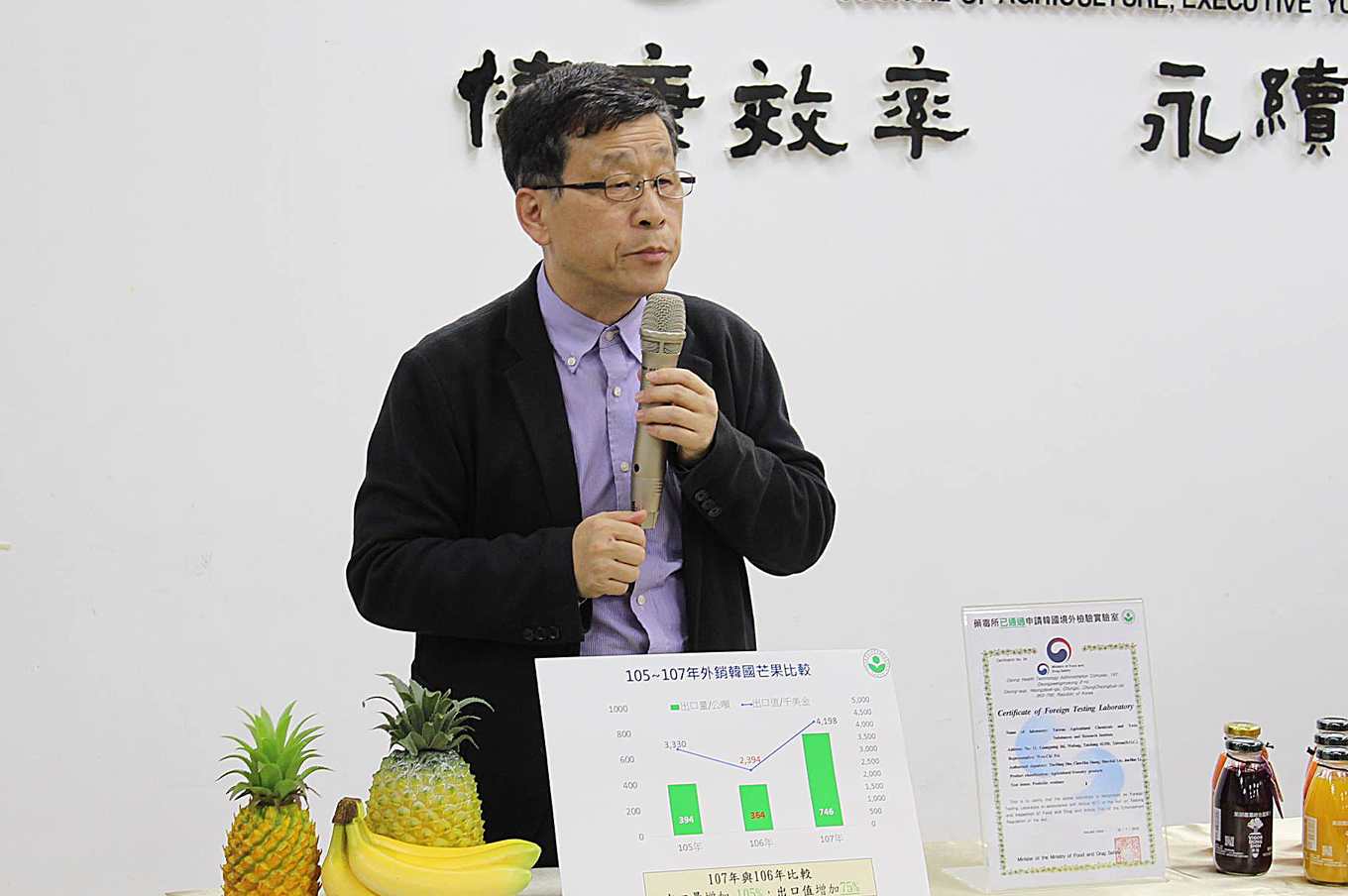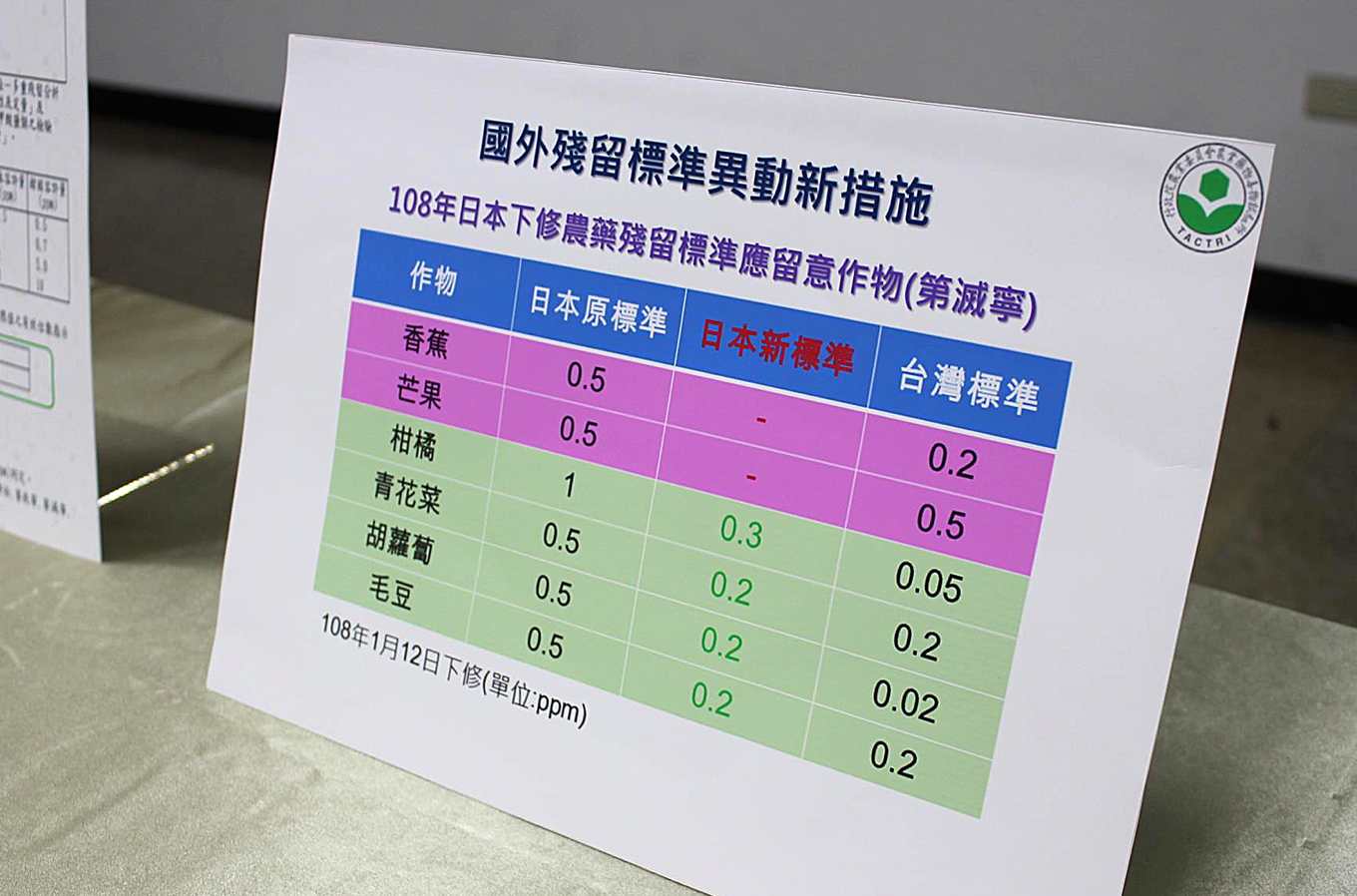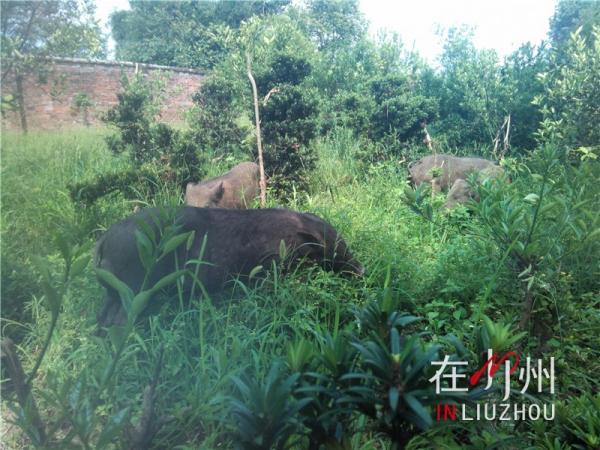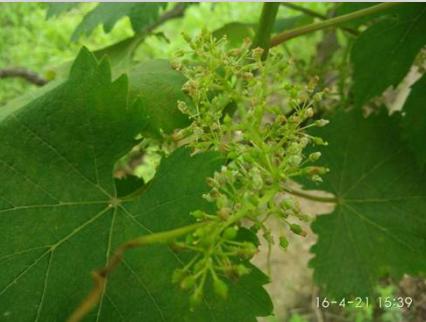Serve farmers for smooth export! The Drug Institute launched the "multinational judgment" service to quickly clear customs with South Korea.
Share +1 Tweet Email
For agricultural products to be exported smoothly, pesticide residues are a necessary condition, and standards vary from country to country. How can farmers know whether crops meet the regulations of the exporting country? The Agricultural Drug Poison Testing Institute (hereinafter referred to as the Drug Poison Testing Institute) starts the "multinational judgment" mechanism. As long as the crop is suitable for export, all countries will be listed in the drug residue report as a standard to provide farmers with reference for export. The Drug Poison Institute has also agreed with South Korea that as long as agricultural products pass the laboratory inspection of the Drug Poison Institute in the future, South Korea will admit that "no problem" can be cleared quickly.
Export of agricultural products must pass "pesticide inspection" and "quarantine prevention"
What inspection standards do agricultural products need to pass for export? The Chief Technical Officer of the Crop Inspection Section of the Food and Agriculture Department, Mr So Teng-chiu, explained that the two sections were divided into "Pesticide Inspection" and "Quarantine". Quarantine is the standard for the prevention and control of pests and diseases, while pesticide inspection is to check the drug residues on agricultural products. Generally speaking, pesticides and quarantine will be checked separately in two procedures.
In the field, the AFCD will conduct pesticide residue testing on export crops and send them to the National Institute of Pesticides for testing. If they do not meet domestic standards, penalties will be imposed in accordance with the Pesticide Control Act. If they do not meet the standards of the intended exporting country, the AFCD will advise the manufacturer to adjust the dosage. As for quarantine prevention, depending on the standards of different crops and different exporting countries, there will be different quarantine procedures such as fumigation, low temperature or high temperature, and the Bureau of Prevention and Inspection is responsible for this check and sampling.
If the orchard for export is qualified, the state subsidizes half of the inspection cost
Xu Cihong, head of the inspection and development team of the Institute of Drug Poison, explained that at present, pesticide inspection of agricultural products has two ways: government sampling inspection and independent entrusted inspection. The government will sample in the field and send it to the Drug Poison Institute for inspection; the other is independent entrusted inspection. Farmers entrust relevant units to inspect the items and certification they want to inspect, including SGS certification and Drug Poison Institute.
Huang Qingwen, associate researcher at the Institute of Drug and Poison, said that the government would subsidize half of the cost of certification for farmers who passed the inspection independently. Su Dengzhao, technical officer of the Crop Inspection Section of the Food and Agriculture Department, explained that if the operators who joined the orchard for export (including 15 varieties such as mango, sakya and pineapple) passed the inspection on their own, they would subsidize half of the inspection cost. Every year, about 1500 fruits are submitted independently, and the rate of passing and receiving half of the subsidy is 98%.
Whether the drug residue report directly lists whether it meets the standards of various countries
In view of the different allowable standards of pesticide residues in different countries, the presentation of the inspection report of the Institute of Drug Control was adjusted and updated. He Mingxun, acting director of the Institute of Drug and Poison, said that in the past, inspection reports only showed whether they met the standards of a certain country, which was not convenient and comprehensive for farmers. At present, the mechanism of "multinational judgment" has been activated. In the inspection report, which pesticides were detected, how many doses, the countries where the crops are suitable for export and whether they meet the standards of that country are listed uniformly. The inspected items meet the pesticide residue standards of which country, qualified or unqualified. It'll be clear on a test report.


Medication standard red, yellow and green demonstration (photography/Duan Yaxin)
Share +1 Tweet Email
Related
- A course of planting techniques and methods on how to grow carrots
- How to plant the latest tulips?
- Is it better to pick tea in the morning or in the afternoon? When is the best time for tea to be picked? what is the third or fifth tea?
- Launch Yuanxiao Happy combination Haocha + Tea Yuan healthy Taste
- Penghu Tourism "Fireworks 20 Parade with You"
- 2022 West Lake Happiness holds "Digital Revitalization Voucher" and draws iphone13 and laptop.
- Banqiao Fuzhou social houses are designed to change start-up combined with police elimination to create a safe and livable environment
- The convenient measure of "mechanical weeding" in Xinbei has been abused and the Agriculture Bureau has imposed heavy penalties on the illegal land consolidation.
- Changgeng University Joins Hands with Four Memory Factories to Rescue Memory Talent Shortage
- The list of Taiwan's top 100 MVP managers is listed by the Director-General of the Farmers' Association of Sanxia District.



